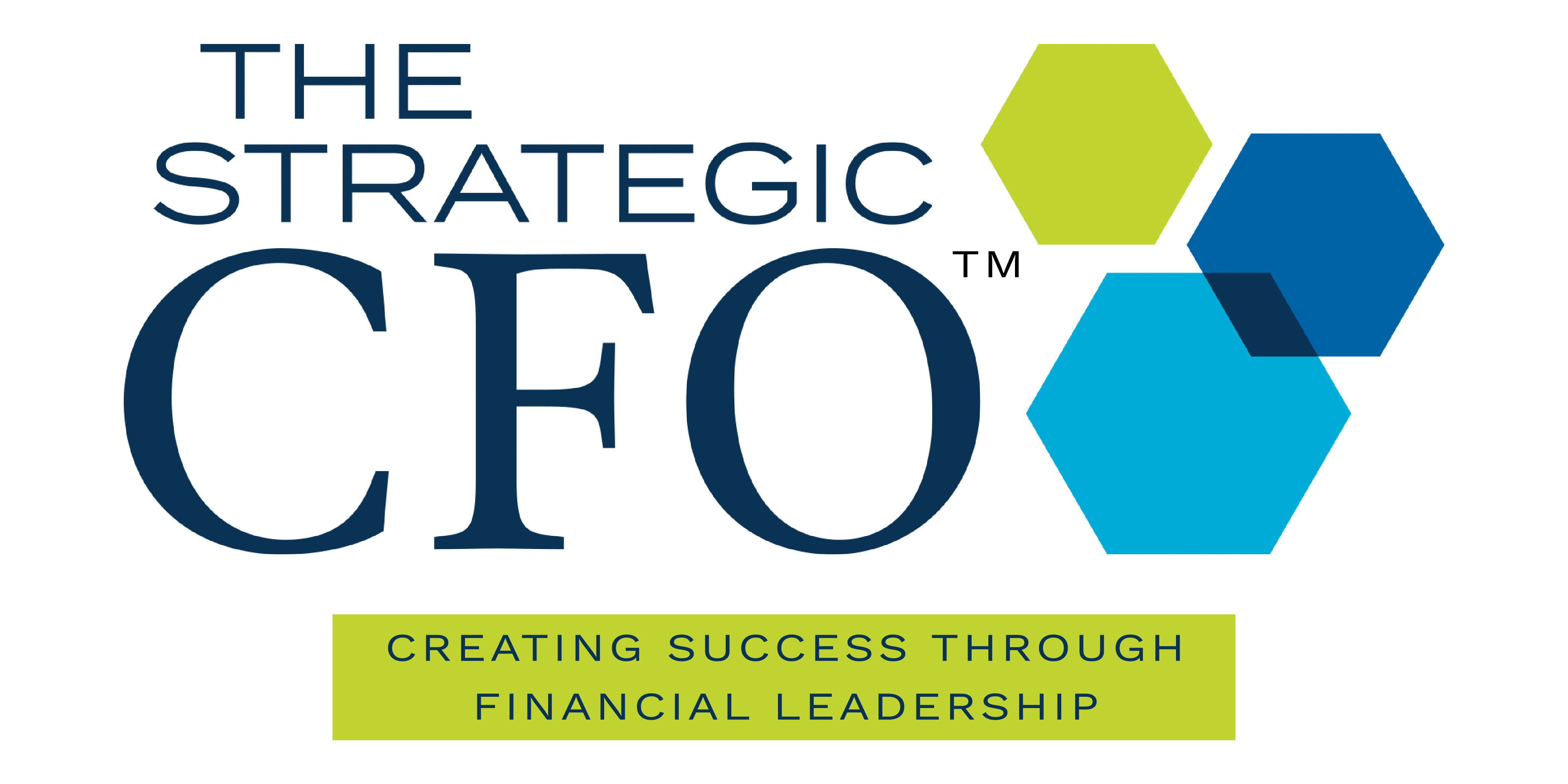Top 14 Budgeting Rules
Rule #1
You can build a prudent, predictable, and well-conceived budget that creates a visionary plan and shares resources equitably. The process has changed. It’s now a team effort! Your team needs to know the concepts and budget process because (rule #1) the budget is a tool for decision making. It should not be a disconnected document that has little to do with the company’s actual business.
Rule #2
Having a budget that is effective and utilized will assist the leaders of any organization to reach their goals and objectives. By adopting and integrating the essence of those things that support a budget, your leadership team will ensure that their visions are executed and feel confident about what is working. An effective budget and realistic plan builds accountability, while empowering employees. Discipline and an integrated plan will guarantee that employees are doing the right thing for the right reason! That’s why budgeting is a very important management tool to achieve lasting success.
“A well-constructed numerical estimate is worth a thousand words.”
Charles Schultze, former Director of the US Bureau of Budget
“Budgeting is the bane of corporate America.”
Jack Welch, former CEO of GE
Rule #3
A real budget is not about the document on which you enter revenues and subtract costs. Rather, a budget is establishing the discipline to set up a plan and then adhere to the plan.
People use this disciple every day, many times for survival. Divers plan their dive and dive their plan. Pilots plan the flight and fly the plan. Why don’t we do it every day in business?
Sadly, there are many executives and managers whose actions demonstrate they are unable to or unwilling to adhere to their plan. In fact, 94% of all ineffective budget are the direct result of weaknesses in the organizations corporate structure. That includes: inadequate leadership, poor communication, and conflicting goals.
Rule #4
Your problems are greater than a budgeting problem though. You probably have organizational weakness in the management and leadership. Issues that lead to a poorer quality budget process mean that these problems already exist within the organization all the time.
Rule #5
Everything has its cost. The budget is no exception. Budgets take work. They are not easy to implement or to manage. Some of the costs include: a culture that supports planning, top management commitment, a reliable and timely reporting system, agreement on principles and assumptions, reliable business information and structure and defined responsibilities.
In fact, there are really four budgets you need to account for. These include: the operating budget, the capital budget, the balance sheet budget, and the cash flow budget. You cannot get to the capital budget and balance sheet budget until the operating budget is complete. So that it your #1 priority! In addition, you cannot get to a balance sheet budget without a cash flow forecast, so add that to your to-do list.
Rule #6
The budget and the plan it drives from is only effective when it leads to specific actionable and measurable activities and generate stake holder value. The budget is a goal, and in order to make goals happen there needs to be actions that you can take to get closer to accomplishment. If there are no clear actions to get closer to achieve your budget, then essentially the path becomes unclear, and this could lead to inefficiency in the workplace.
Rule #7
Our budget process is effective when people actually use it to make decisions. When people ignore it or play games with it, your budget becomes ineffective. If accountability and ownership are strong, employees are doing all the right things that contribute to success. When they are not, then we start playing the blame game; silos and kingdoms develop.
Rule #8
Understanding the need to improve the quality of decision making and making it happen are two different animals… Which you get depends on the leaders’ commitment and attitude. Most companies fail to require employees to train in proper decision-making techniques. To avoid this pitfall, we must insist that employees who have resource management responsibilities to undergo continuous training on how to make smart, quality decisions. Remember, not all decisions have an impact on the bottom line. However, collectively all bad decisions will.
Rule #9
Your assumptions drive everything. Therefore, it is crucial that everyone be on the same page regarding assumptions in relation to decisions on what is important in your budget.
Rule #10
If employees are not conserving costs and making the most of opportunities, the bottom line will suffer. If leaders are not investing in their tangible and intangible assets equally while employing them to their fullest potential, the future bottom line will suffer.
Rule #11
All of the firm’s resources must be managed simultaneously with the utmost care. The CFO must provide all resource managers with the proper training on how to manage the resources. Most managers that came up through the ranks have not had the training to manage resources.
Rule #12
When an organization’s leaders are committed to The Plan and demonstrates it through their actions, decisions and feedback, a budget will work as designed. Eventually leading to their employees doing the same. “People will follow you when you build the character to follow through” When the leaders do not, a budget is rendered ineffective.
Rule #13
Budgeting is no longer a once – a-year activity or an item to be checked off the annual To-do List. It should be a 24/7/365 activity.
Rule #14
Budgets require clear and measurable goals. Without budgets, it is very difficult to achieve the business goals because a budget defines targets and measures progress toward them.

